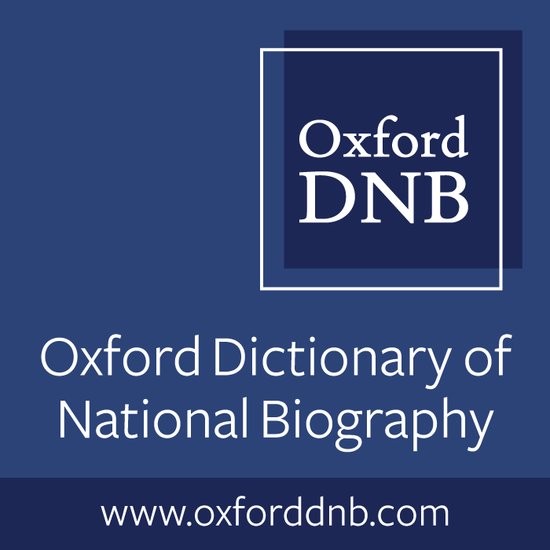Anna Freud’s life
In celebration of would would have been Anna Freud’s 119th birthday, we have compiled a timeline of important events, her influences and her most celebrated publications. From her education and love of learning, to her role as a teacher, children and child psychoanalysis always played a large part in the life of Anna Freud.





